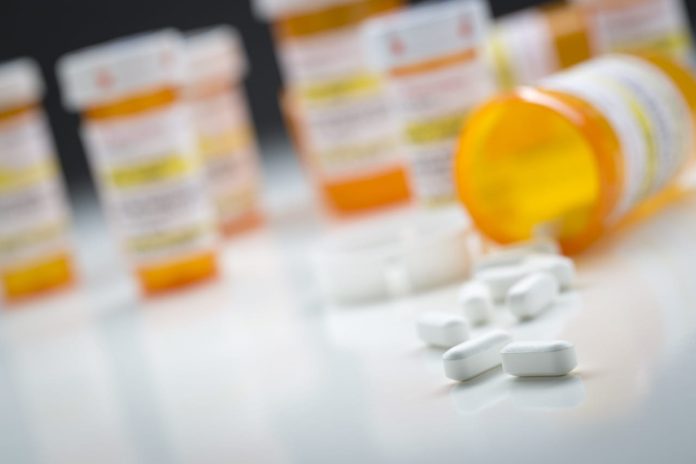Experts estimate that nearly three in 10 people who are prescribed opioids end up abusing them. As many as 12% of these people will go on to become opioid addicts.
There’s a lot of talk about the opioid epidemic, but let’s focus on the most important part: the solution.
What options are available to those who struggle with drug addiction? Here are three common paths to consider.
Medications for Opioid Addicts
There are three main types of medications used to help opioid addicts during their recovery:
- methadone
- buprenorphine
- naltrexone
The purpose of methadone and buprenorphine is to reduce cravings and withdrawal symptoms. It’s important to note that these medications do not create a new addiction, simply replacing one substance with another. Rather, they help the patient manage their symptoms while their bodies adjust to life without opioids.
A naltrexone implant works differently. As an opioid antagonist, it actually blocks the receptors in the brain that trigger a release of dopamine. Not only does this help to decrease cravings, but it eliminates the addictive, pleasurable response to drugs or alcohol.
Counseling for Drug Addiction
Medication on its own usually isn’t enough for patients to overcome their addiction. It’s just one part of the “whole patient” approach used in Medication-Assisted Treatment (MAT).
For the best chance at recovery, each patient needs a custom treatment plan tailored to their individual needs. This usually includes a combination of:
- Taking prescribed medications
- Submitting to regular drug testing
- Regular visits to their doctor, therapist, or treatment center
- Counseling to address underlying personal or social issues that contribute to addiction
- Joining support groups with others who are in the recovery process
Counseling sessions may be one-on-one or in a group setting. The goal is to help the patient identify and avoid their triggers, such as a certain social situation that will tempt them to relapse. Counseling also empowers them with coping skills they’ll need to remain clean in the future.
Drug Rehab Centers & Options
For people battling severe drug addiction, they may need to begin their recovery process at an in-patient rehab center. This allows them to detox in a quiet, controlled environment free from any temptations to use drugs again.
Drug rehab centers vary in their offerings, but the goal is to provide structure and eliminate distractions so the patient can focus on their recovery. This often includes:
- Healthy meals and nutrition counseling
- Cognitive Behavioral Therapy
- One-on-one and group counseling
- Medication to treat cravings and withdrawal symptoms
- Family therapy
- Exercise programs
- Art, music, or equine therapy
- Yoga, meditation, or journaling
Many outpatient rehab centers offer these same services too, so it’s worth checking to see what’s available in your area. You also need to gauge the severity of the addiction and how much supervision the patient needs while they recover.
The Battle Against the Opioid Epidemic
With enough time and effort, hopefully we can overcome the opioid epidemic once and for all. Until then, opioid addicts can avail themselves of the options available to fight their addiction.
If you or a loved one is struggling with drug addiction, consider the possible solutions listed above.
Drug rehab isn’t the only topic on the table today. Keep browsing our site for more informative articles like this one!









